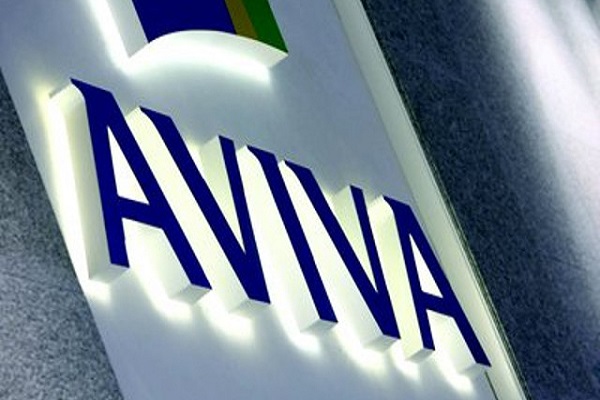ii view: Aviva share buyback plans add to 40% dividend hike
10th August 2022 11:23
by Keith Bowman from interactive investor
Aviva is cutting costs with a focus on shareholder returns. We assess prospects.

First-half results to 30 June
- Operating profit up 14% to £829 million
- Interim dividend payment up 40% to 10.3p per share
- Capital strength or Solvency II ratio increased to 213% from 186%
- Anticipates launching a share buyback with its full-year 2022 results
Chief executive Amanda Blanc said:
“Sales are up, operating profit is higher, our financial position is stronger. This has been an excellent six months for Aviva.
“Our scale and diversification give us resilience and opportunity, enabling Aviva to withstand the challenging economic climate. Our market-leading positions and our unique ability to look after a wide range of customers' needs are clear advantages and have driven robust operating performance. Trading has been encouraging across all our major businesses in insurance, wealth and retirement.”
- Find out about: Trading Account | Share prices today | Top UK shares
ii round-up:
Insurer Aviva (LSE:AV.) today delivered results ahead of City forecasts. Highlights included a rise in its capital strength or Solvency II Coverage Ratio to 213% from a previous 186%, which now sits comfortably above its minimum threshold of 180%.
The firm also delivered on a previously guided 40% increase in the interim dividend to 10.3p per share, and announced plans to launch a share buyback programme in its 2022 full-year results.
Aviva shares rose by more than 5% in early UK trading. Overall operating profit rose 14% to £829 million, buoyed by a strong performance for annuities and equity release and a 2% reduction in core group costs. General insurance sales, including both commercial and personal policies, rose by 6%, with life sales up 13% year-over-year.
- Chart of the week: why this share represents stunning value
- Legal & General increases profit and pays bumper dividend
- Stockwatch: the outlook for UK shares amid recession warning
Accompanying management outlook comments pointed to anticipated higher Bulk Purchase Annuity volumes in the second half. Many companies continue to outsource their pension payment plans to life companies such as Aviva, and Legal & General (LSE:LGEN).
Rising claims inflation for personal insurance such as motoring is also being countered by appropriate policy pricing. Higher used car prices and inflation in the cost of car parts have proved factors across the general insurance industry and are impacting players such as Direct Line Insurance Group (LSE:DLG).
Broker Morgan Stanley reiterated its ‘overweight’ stance on Aviva following the results, flagging a 520p per share estimate of long-term fair value.
ii view:
Tracing its history back to 1696, Aviva today provides savings, retirement pension products and insurance to around 18 million customers. Goals to become a simpler, more competitive, and more commercial company have headed its recent agenda. Overseas businesses lacking the relevant scale have been sold, with a focus on the UK, Ireland and Canada.
For investors, geographical diversity has been reduced over recent years following previous business sales, while profits from its insurance operations were hindered by factors including rising claims inflation and less favourable weather. General insurance operating profit retreated 11% to £375 million.
On the upside, a more focused business has been achieved. Costs are being cut, while shareholder returns are now buoyed by the prospect of a future share buyback programme, adding to a historic dividend yield already over 6%. On balance, and with its finances strengthened and greater efficiency still being achieved, investors may wish to stay long-term patient.
Positives:
- Cutting costs
- Attractive dividend yield (not guaranteed)
Negatives:
- Loss of geographical diversity
- General insurance is subject to events outside management’s control
The average rating of stock market analysts:
Buy
These articles are provided for information purposes only. Occasionally, an opinion about whether to buy or sell a specific investment may be provided by third parties. The content is not intended to be a personal recommendation to buy or sell any financial instrument or product, or to adopt any investment strategy as it is not provided based on an assessment of your investing knowledge and experience, your financial situation or your investment objectives. The value of your investments, and the income derived from them, may go down as well as up. You may not get back all the money that you invest. The investments referred to in this article may not be suitable for all investors, and if in doubt, an investor should seek advice from a qualified investment adviser.
Full performance can be found on the company or index summary page on the interactive investor website. Simply click on the company's or index name highlighted in the article.